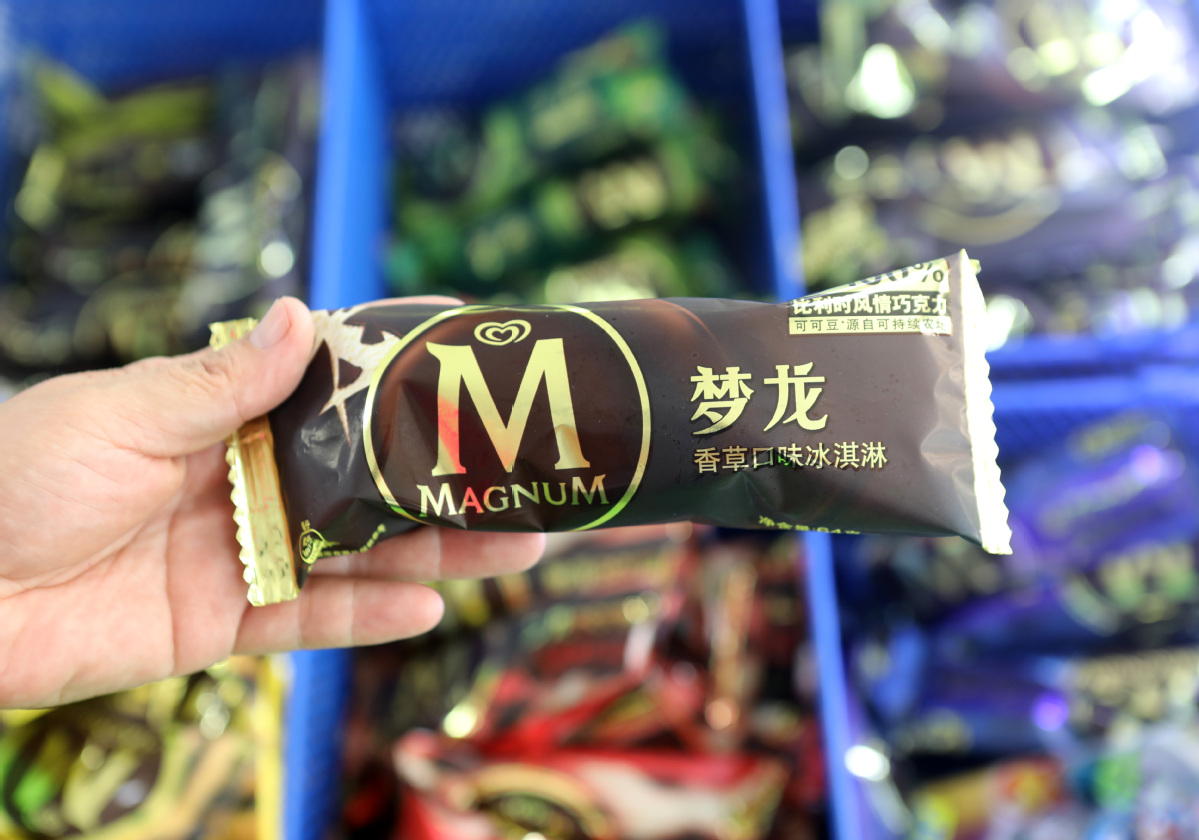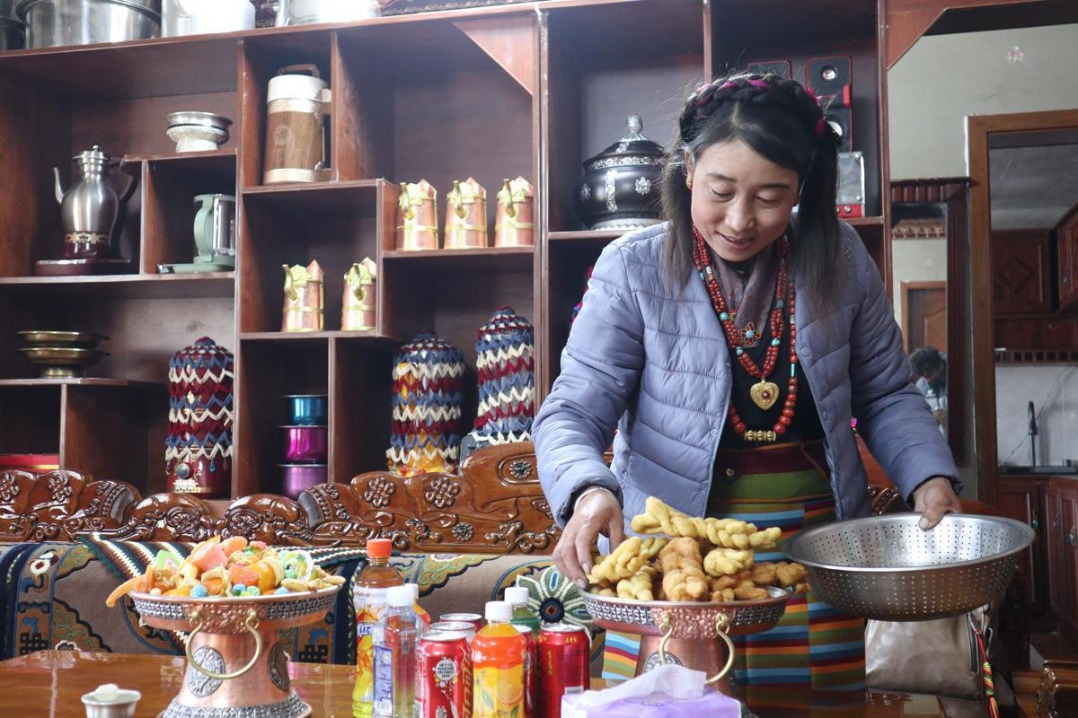Unilever ice cream leaves its customers cold


A senior executive of Unilever, in an interview to the Chinese media, admitted that the British consumer products company uses condensed milk in its ice cream brand Magnum in Europe but milk powder for the same product in China.
The company's senior executive in China said it would be difficult for them to transport condensed milk to China and there were supply issues in procuring milk in China. The company had earlier said on its micro-blogging platform that for environmental reasons they used vegetable oil for their products in China, but later deleted that explanation.
Neither of the two explanations hold. If Unilever uses vegetable oil for environmental reasons in China, then why does it use milk in the products it makes for the European market?
Some micro bloggers found that Magnum lists "milk" as the primary ingredient for its products in Japan and the Republic of Korea and "water" for the products sold in China. Are Japan and the ROK any closer to Europe than China?
Some argue that Magnum ice creams are costlier in Europe than in China. On Chinese e-commerce platform JD.com, however, a pack of four Magnum ice creams cost about 54 yuan ($8.3) and on European platform Tesco.com, £3 ($4.09). Which means the manufacturing cost is higher and the price lower in Europe, but it is the opposite in China.
Given that milk powder costs 3,000 yuan per ton less than condensed milk, Magnum has made greater profits in China than in Europe by resorting to a double standard.
As China's economy is prospering and average incomes are rising, Chinese consumers expect better quality products and will not settle for something inferior to what their European counterparts enjoy. Besides, selling "inferior products at higher prices" is discrimination against Chinese consumers and could lead to major trust issues, which is what the company is staring at now, with social networking sites reflecting Chinese consumers' anger.
It is time Unilever and other international brands stopped deceiving Chinese consumers.


































